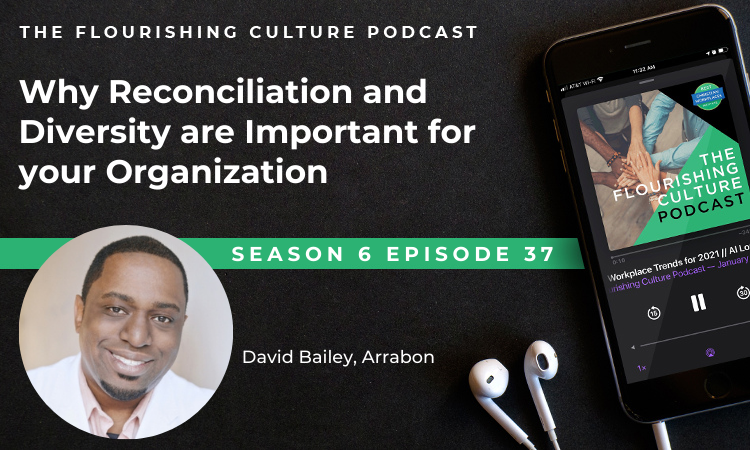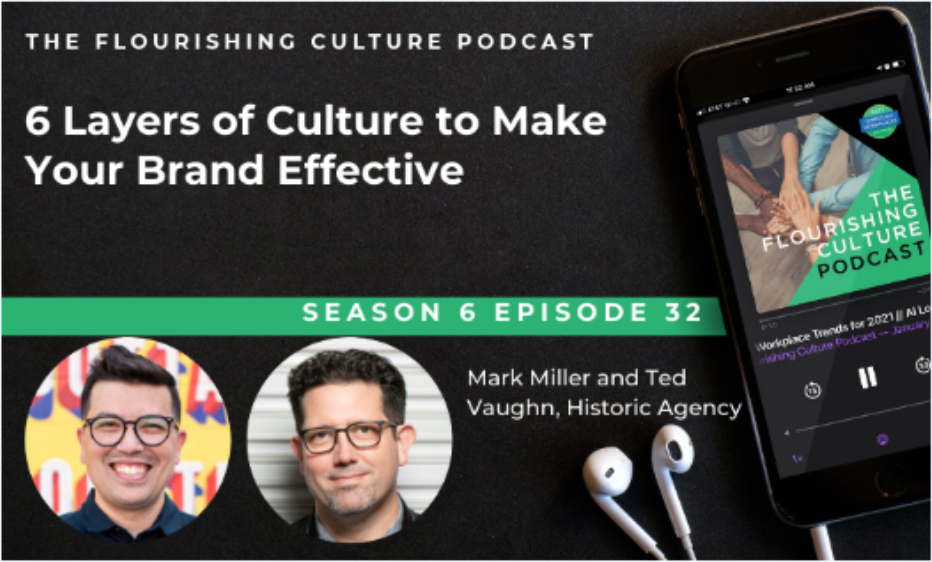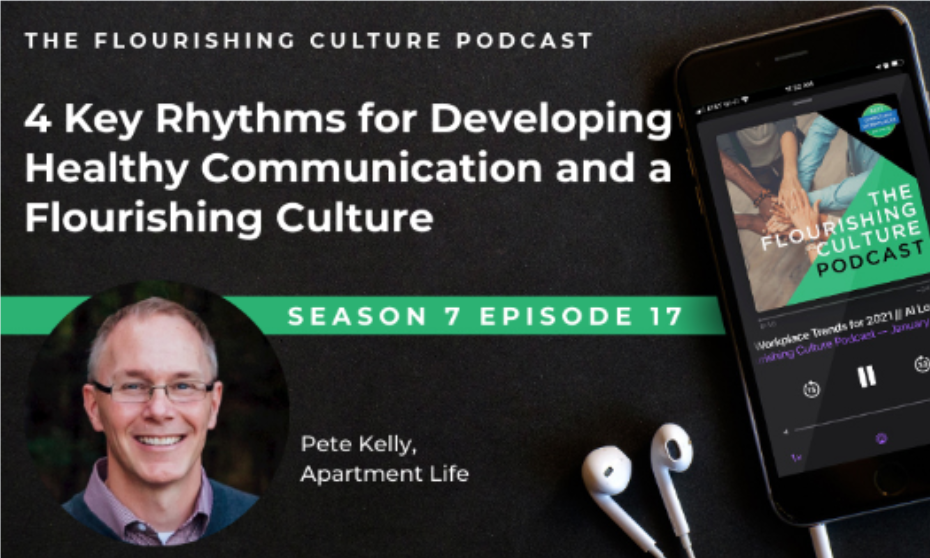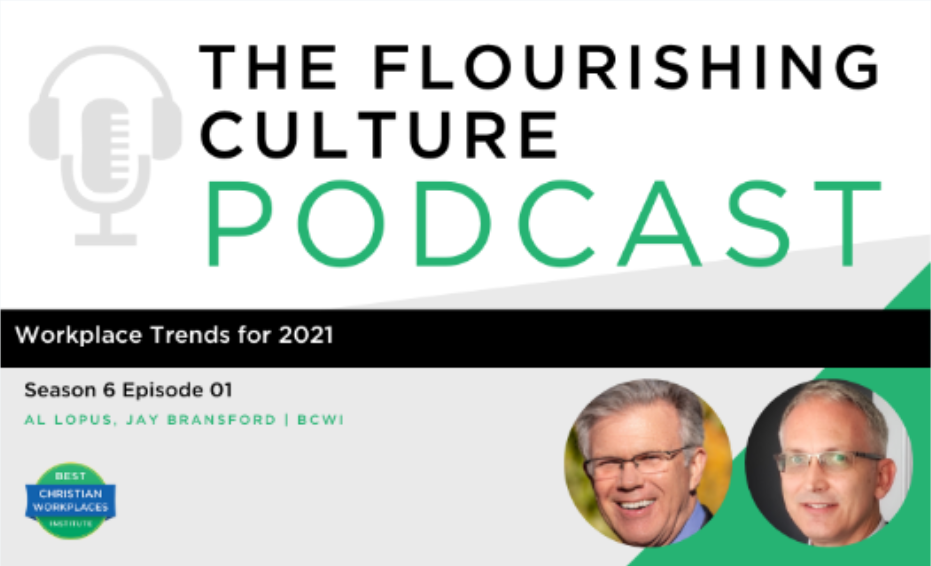As a leader, you face the challenge of bringing together people with different experiences toward a common vision. David Bailey, Founder and Executive Director at Arrabon, shares his thoughts on building a great workplace including learning how to incorporate reconciliation into your regular practices.
Listen to the Audio
Listen on Apple Podcasts | Listen on Stitcher Radio | Listen on Google Podcasts
In this episode:
- The meaning of the word 'Arrabon' and the focus of this organization (2:30)
- 'Arrabon' is a Greek work that means a foretaste of things to come (02:37)
- "We try to help Christian communities to be a foretaste of the kingdom of God to come by being a reconciling community." (02:56)
- The leadership team at Arrabon; an entrepreneurial organization (03:19)
- More on the work that Arrabon is doing (05:46)
- How is reconciliation different than just agreeing with other people? (07:42)
- "Reconciliation starts with the acknowledgment that something is broken." (07:53)
- "As Christians, we realize that on this side of heaven, everything isn't going to be made whole. We're invited to be part of the reconciling of all things through Jesus Christ." (08:09)
- "God is inviting us to be part of that healing and reconciliation." (08:37)
- The issues around diversity and inclusion and reconciliation are so important and really involve long-term work (09:47)
- Discuss the 5 pillars of a reconciling community (10:17)
- "It is now called the Reconciling Community House. What we called pillar number one is actually the foundation—that reconciliation is spiritual formation." (10:34)
- "The second pillar is called understanding the diversity of narratives. Then we understand diverse shared narratives that help us to increase our empathy and understand the different places people are coming from." (13:24)
- "I don' have to agree with you in order to exercise empathy. I just need to receive your story as how you've experienced it. I can empathize with the humanity of your story." (13:25)
- "The third pillar is helping to be a better culture collaborator." (13:49)
- "Finally, we then have better conversations and engage in reconciling culture-making." (14:44)
- "We're here today because of the culture that was created yesterday. If we want to see something different tomorrow we have to create a new culture today." (14:53)
- Arrabon has been doing training in this area of reconciling communities. Can you share a few examples of how organizations you have trained are implementing new practices and moving toward reconciliation? (17:22)
- David being the first African American to preach at this particular church opened an opportunity for those who were interested in a different way of engaging with the world the opportunity to grow in ways they never had the opportunity to grow in before. (18:08)
- "A nonprofit learned how to integrate in their 5 program areas the skill sets of being a reconciling community – the demographics of the org became more diverse which allowed them to learn how to be more diverse."
- Here at Best Christian Workplaces Institute, we think that Christian organizations, churches, and businesses should lead the way in excellence. The body of Christ should be the very best the world sees. But sometimes we do fall short. What would you say to a leader who sees the need for reconciliation but is struggling with the next steps in their organization? (24:40)
- "Excellence doesn’t happen on accident." (25:11)
- Find someone who can help you to integrate reconciliation into what you're doing (26:21)
- How can leaders maintain momentum in growth toward reconciliation? (27:18)
- As you personally live out the long process of change, how do you keep from getting discouraged? Are there some practices or habits you can share that keep you going in your work? (30:30)
- I’m aware that this work didn’t begin with me, and it doesn’t end with me. (31:41)
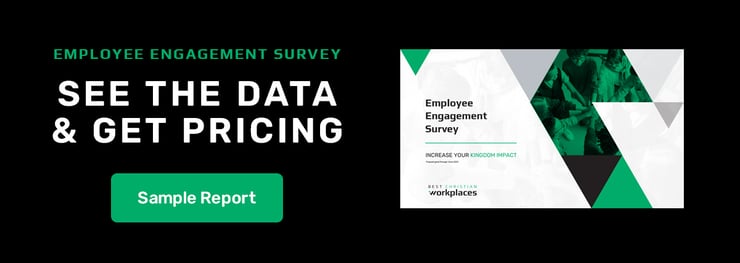
Read the Transcript
Read a complete, word-for-word transcript of the episode.
FOLLOW OUR HOST
Follow our Host, Al Lopus, on LinkedIn & Twitter.
Email our host at info@workplaces.org
 Best Christian Workplaces
:
November, 15 2021
Best Christian Workplaces
:
November, 15 2021
